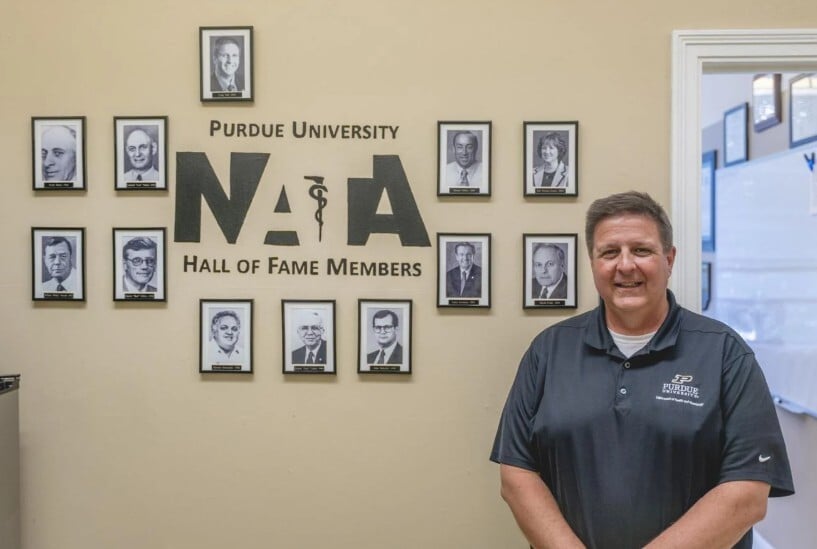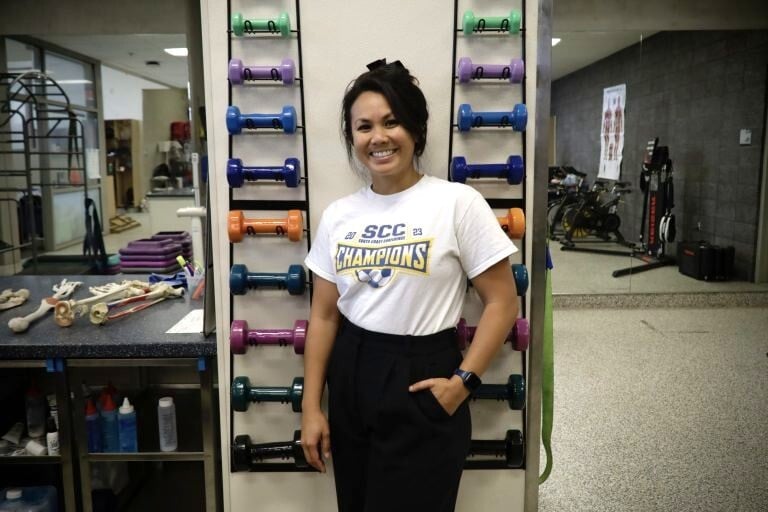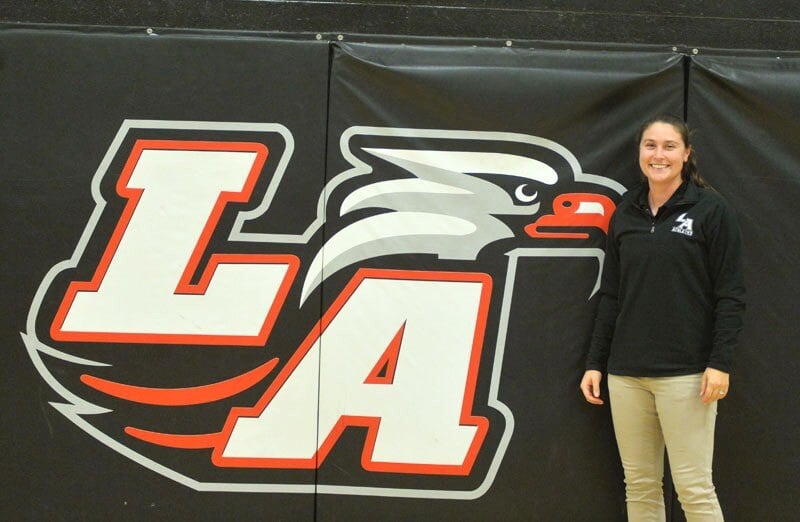Breaking Barriers: The Legacy of Harry 'Snowy' Clark at Purdue
 In honor of Black History Month for 2024, we are thrilled to present a remarkable story about a visionary individual who paved the path for countless others, ensuring that people know and never forget his name.
In honor of Black History Month for 2024, we are thrilled to present a remarkable story about a visionary individual who paved the path for countless others, ensuring that people know and never forget his name.
 In an era marked by racial segregation and prejudice, Harry "Snowy" Clark, a Lafayette native, emerged as a pioneering figure in the realm of athletic training, defying the early 20th-century societal norms to leave a lasting impact on Purdue University's athletic programs.
In an era marked by racial segregation and prejudice, Harry "Snowy" Clark, a Lafayette native, emerged as a pioneering figure in the realm of athletic training, defying the early 20th-century societal norms to leave a lasting impact on Purdue University's athletic programs.
Hired in 1900, Clark became the first Black Athletic Trainer for the Boilermakers, bringing innovative approaches to the health and performance of athletes across football, basketball, baseball, and track teams.
Clark's tenure at Purdue was characterized by his inventive solutions to common athletic injuries, such as creating a "mask" to protect basketball players and a "harness" for football stars.
His work extended beyond treatment to include the managerial duties of the athletic teams and the maintenance of sports facilities, earning him professional recognition and respect within the Big Nine athletic circles.
However, his influence went deeper, fostering a sense of respect and admiration among the student body for his dedication and care, especially in the wake of the tragic 1903 train wreck that profoundly affected the Purdue community.
Despite the racial barriers of his time, Clark's presence on the sideline alongside white student-athletes was a testament to his skills and the trust placed in him by the university.
His role at Purdue challenged the prevailing racial attitudes and contributed to a broader understanding and appreciation of diversity within the campus community.
Renee Thomas, associate vice provost for diversity and inclusion, highlighted the significance of Clark's influence:
“One of the benefits of diversity is that we can learn from people with different backgrounds and different perspectives. Certainly he wasn’t confined to just one sport, either. He was an Athletic Trainer for football, basketball, baseball, track, so he had an influence on many of the student-athletes at Purdue during that time.”
Clark's legacy is not only in his contributions to Purdue's athletic success but also in his role as a trailblazer in the field of athletic training.
Before the establishment of formal training and certification in the late 20th century, Clark exemplified the qualities of innovation and care that define the profession today.
His ability to multiply his salary over his tenure at Purdue reflects the value and impact of his work, underscoring the progressive nature of his contributions at a time when the professional and racial landscapes were vastly different.
Historian Mary Anthrop and others who have studied Clark's life and career underscore the importance of recognizing his accomplishments not just within the context of Purdue's history but as part of a broader narrative of overcoming racial barriers and contributing to the evolution of athletic training as a profession.
“The athletic department is growing and developing. There’s lots of people in and out, but he was there for 15 years. And I would think that having consistency in your program would help develop and establish it. I think he provided that stability for the young athletes, and he should not be overlooked as a significant person — no matter what his race was.”
Clark's story is a powerful reminder of the impact one individual can have on breaking down barriers, advancing a field, and enriching the lives of those around them.
![HR Logo [Recovered]_Full Color Vertical-1](https://blog.healthyroster.com/hs-fs/hubfs/HR%20Logo%20%5BRecovered%5D_Full%20Color%20Vertical-1.png?width=199&height=178&name=HR%20Logo%20%5BRecovered%5D_Full%20Color%20Vertical-1.png)
 By
By


